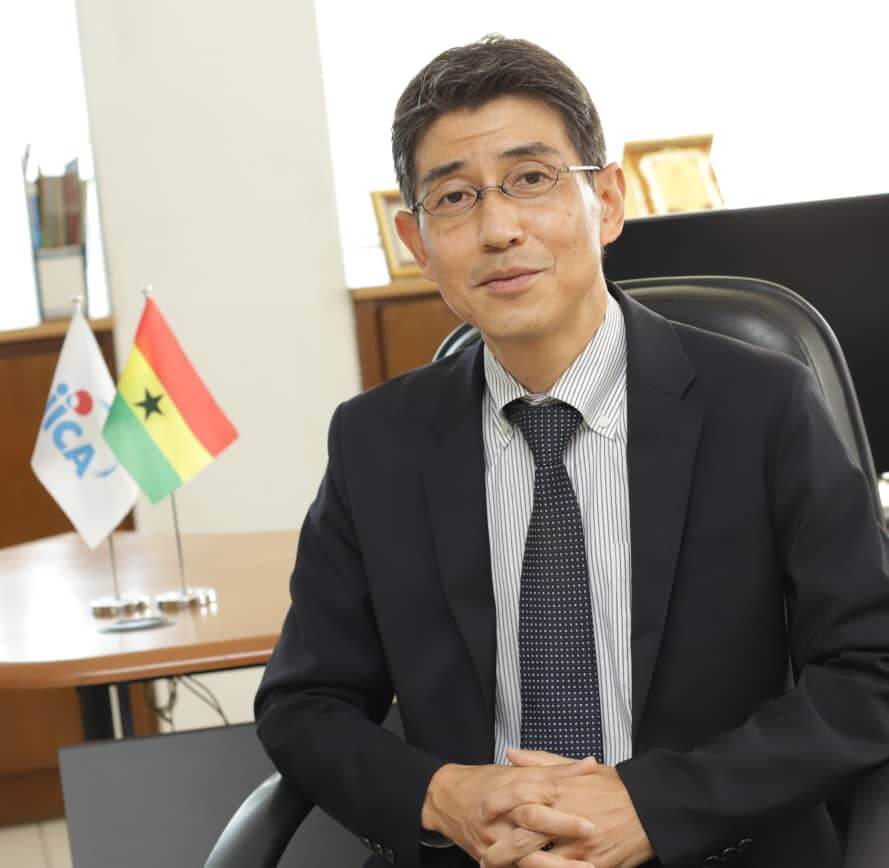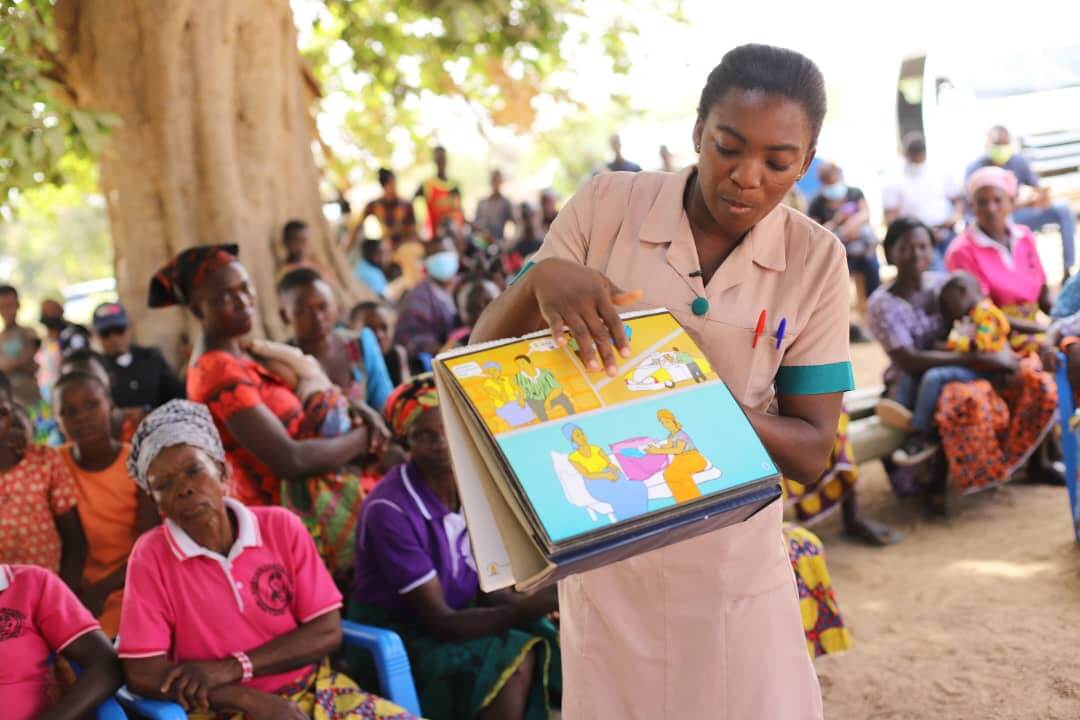The Japan International Cooperation Agency, JICA, the official development arm of the Government of Japan has produced a Flagship Video documentary to tell the progressive story of the challenges and successes with accessing healthcare in the Upper West Region of Ghana through the eyes of a daughter of the land. It details the roles played by JICA, Ghana government, the local community, its leadership and other well-meaning stakeholders.
The Documentary will be shown on GTV (17th March at 8:00pm and 20th March at 9:30pm), UTV (17th March at 5:00pm and 20th March at 5:00pm), TV3 (15th March at 5:30pm and 19th March at 1:30pm) and Joy News (10th March at 6:30pm and 12th March at 7:30pm) in English and Akan.
The 26-minute documentary, shot at many parts of the Upper West, detailed key challenges faced by the Region, the gradual and progressive journey to access healthcare and the future of healthcare in the Region: Life Course Approach.
Before the year 2006, the Upper West Region of Ghana was one of the most deprived and under-developed regions in the country. The Ministry of Health established that more than 75% of the region’s population had to travel over 8kilometres to access basic community health services.

In Year 2000, Ghana launched the Community-based Health Planning and Service (CHPS) strategy to facilitate improved health services delivery closer to the doorstep of community members. Under the initiative, community health professionals, supported by community volunteers, were trained to provide basic healthcare that includes maternal and reproductive health, child health services, treatment of minor ailments, health education and promotion of healthy lifestyles, and follow-up on clients after treatment.
In 2006, JICA decided to support and scale up the CHPS strategy in the Upper West Region. JICA’s intervention in healthcare delivery in the Region, took a holistic approach; the support package had both soft (Technical Cooperation) and hard components (Grant Aid).
JICA’s interventions were largely successful despite some initial challenges. Before the inception of the projects in the 2006, the Region had about 24 CHPS facilities. Currently, the Upper West Region has effectively set-up over 378 well-established CHPS facilities with about 80% of the region’s population of 904,695, being able to access healthcare without any barriers.
JICA constructed 73 CHPS compounds, equipped 80 existing compounds and provided motorbikes and vaccine fridges. JICA trained over 1000 Community Health Officers to plan and skillfully mobilizing community members for health activities and support. JICA provided technical training for midwives on Safe motherhood for maternal and newborns and re-tooled each health centre with basic delivery equipment and portable autoclaves.
Dr. Damien Punguyire, Regional Director of the Ghana Health Service in the Upper West Region reiterated that: “The Government of Ghana requested technical assistance for CHPS, from the Government of Japan and it was granted because of the decades of good bilateral relationship between the two countries.”
The Director General of the Ghana Health Service, Dr. Patrick Kuma-Aboagye revealed that: ‘Experiences and key lessons from the CHPS project have been reflected in guidelines and policy documents to guide sustenance and scale up of these interventions. We are grateful to JICA because these interventions were largely directed to the poor and the needy in society and every nation needs such support.’
Chief Representative of JICA Ghana, Mr. Araki Yasumichi reiterated: “JICA will continue to support Ghana in its Universal Healthcare Coverage goals.”
About JICA Ghana
The Japan International Cooperation Agency (JICA) is a developmental cooperation agency and an official arm of the Government of Japan, that provides technical cooperation and other forms of Japanese Official Development Assistance (ODA) to developing countries across the globe. For about six decades, JICA has supported Ghana’s development effort by primarily focusing on: Universal Health Coverage; Quality Infrastructure for Economic Growth; Industrial and Agricultural Development; and Capacity Development for Effective Public Service. These developmental pillars are implemented through People-to-people connections established through human resource development as the foundations of trust between developing countries and Japan.
